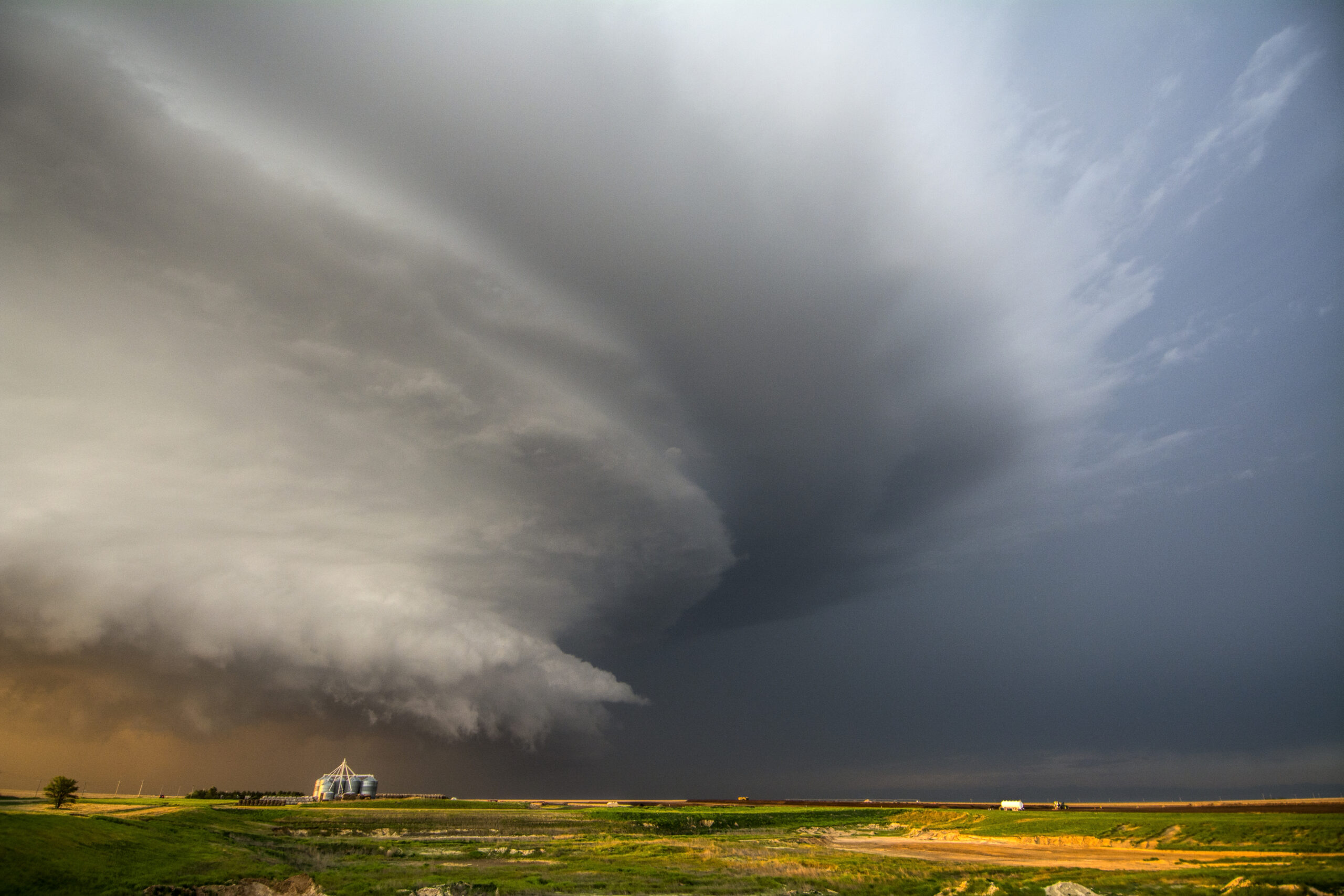After a series of severe hail storms that hit Denver in 2012, a law known as SB38 was signed into effect by Colorado’s Senate to protect policyholders from becoming victims of roofing scams. The bill outlines a series of regulations, on all residential roofing contracts totaling $1000 or more.
While this bill was largely aimed at storm chasing roofing companies, the rules arguably affect virtually every restoration contractor doing business in Colorado, regardless of whether that contractor’s primary business involves roof repairs. According to the statute, the term “Roofing Contractor” includes any “firm, partnership, corporation, association, business trust, limited liability company, or other legal entity that performs or offers to perform roofing work in [Colorado] on residential property for compensation.” Contractors in the restoration industry invariably assume the role of general contractor, and in doing so, they take on responsibility for all of their subcontracted trades. As a result, every residential restoration project that involves roofing work – no matter how minor – likely requires compliance with the statute.
Here’s a full breakdown of the rules included in SB38 and how to tell if your business is compliant.
1. Signed Contracts Must Include The Following
- the scope of work & materials to be provided
- cost for same based on damages known at the time the contract is entered into
- approximate dates of service
- roofing contractor’s contact information
- identification of contractor’s surety & liability coverage insurer & their contact information
- contractor’s policy regarding cancellation of contract & refund of any deposit including a rescission clause allowing the property owner to rescind the contract for roofing services and obtain a full refund of any deposit within 72 hours after entering the contract.
- a statement that if the property owner plans to pay for the roofing services through an insurance claim, the contractor cannot pay, waive or rebate the homeowner’s insurance deductible in part or in whole.
- a statement that the contractor shall hold in trust any payment from the property owner until the contractor has delivered roofing materials to the jobsite or has performed a majority of the roofing work on the property.
- a statement that the property owner may rescind a contract for services, the payment for which will be made from the proceeds of a property insurance claim, within 72 hours after receiving notice from their insurer that the claim is denied in whole or in part.
2. Waiving Deductibles
SB38 prohibits a contractor from paying, waiving or rebating an insurance deductible for a property owner. It also states that if a contractor promises to pay, waive or rebate a homeowner’s deductible, the insurance carrier for the property owner is not obligated to consider the estimate of costs for the roofing work prepared by that contractor.
3. Contractors Cannot Act As Public Adjusters
In an effort to reduce fraud, SB38 prohibits contractors from acting as or claiming to be a public adjuster, adjusting claims for losses or damages unless legally licensed to do so. Traditionally this includes discussing a policyholder’s coverage, negotiating the claim on the policyholder’s behalf, arguing about what is ‘bad faith,’ or debating over what is covered or excluded from a policy.
This does not mean that a contractor is unable to discuss the scope of work with an insurer. Nothing in this subsection precludes a roofing contractor from discussing, on behalf of the property owner, the scope of repairs with a property and casualty insurer when the roofing contractor has a valid contract with the property owner of the residential property on which the roofing contractor has contracted to perform roofing work.
Contractors play a critical role when damage occurs at a home or business. However, to be compliant with local laws, contractors should never advise or attempt to negotiate with a home or business owners insurance company. If you’re a contractor of any type, whether it be a roofer, plumber, mold remediator, water mitigation company, or other, C3 Group can legally negotiate the claims for the policyholders that are your clients.
Follow C3 Group on Facebook, Twitter and LinkedIn for more tips and resources on dealing with storm damage claims.







